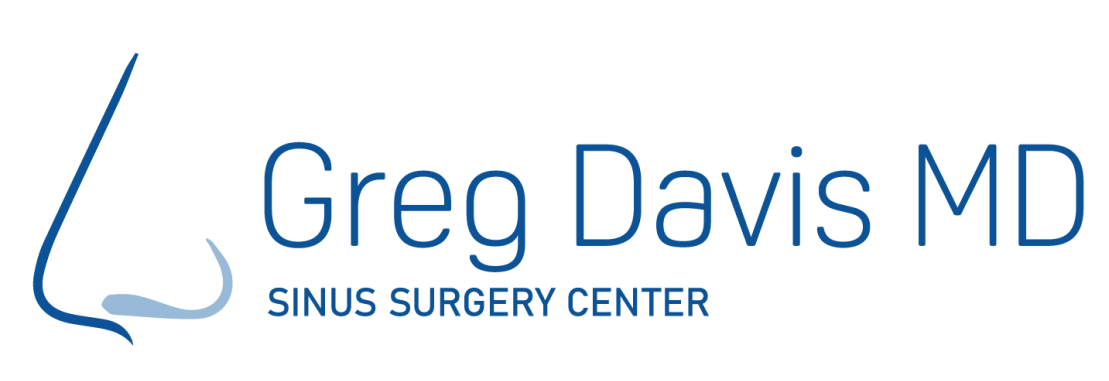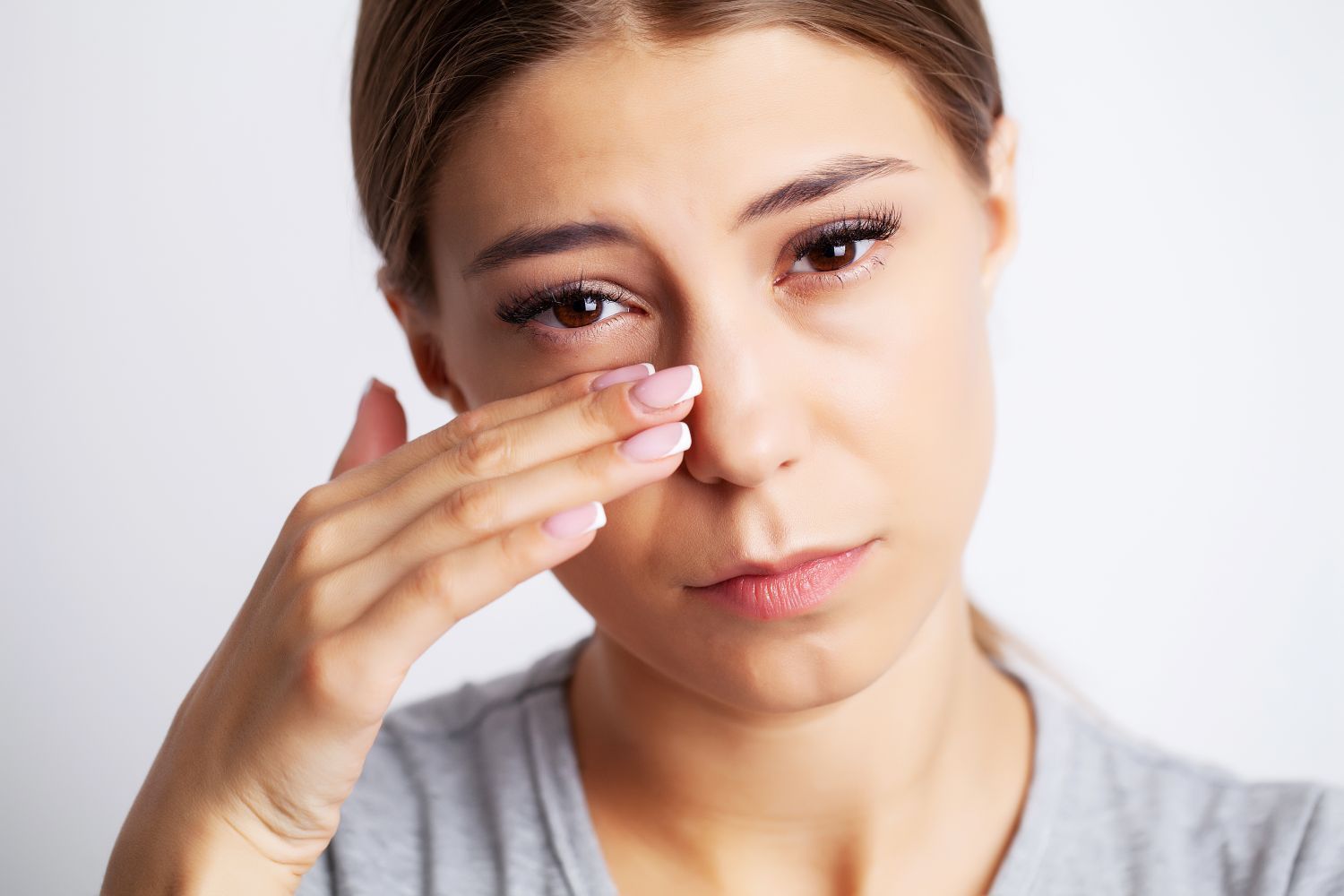If you reside in Seattle, WA, your allergies can get out of control. Allergy testing is a way to identify the allergens causing reactions. Here is a guide to help you understand this important test.
What is an allergy skin test?
An allergy skin test is a diagnostic tool utilized by ENT doctors and allergists to identify specific substances, known as allergens, that may trigger allergic reactions in individuals. This test involves applying a small amount of suspected allergens to the skin and observing the body's response, aiding doctors in crafting tailored treatment plans for effective allergy management.
When should one get an allergy skin test?
An allergy skin test is typically recommended when you exhibit symptoms of frequent sneezing, itchy or watery eyes, skin rashes, or respiratory issues that could be indicative of allergic reactions. If you suspect that certain allergens are triggering your symptoms or if over-the-counter medications are not providing adequate relief, it may be a good time to consider an allergy skin test. Additionally, if you have a family history of allergies, sinusitis, or asthma, experiencing seasonal or year-round allergies, or suspect specific triggers in your environment or diet, getting an allergy skin test can help identify the allergens responsible for your symptoms and guide appropriate management strategies.
Types of Allergy Skin Tests
- Skin Prick Test: The most common type of skin test where a tiny amount of the allergen is pricked or scratched onto the surface of the skin.
- Intradermal Test: A small amount of allergen is injected just beneath the skin. This test is often used for detecting allergies to insect venom or penicillin.
Common Allergens Tested in Seattle, WA
Here's an overview of common allergens individuals in Seattle might be tested for:
Environmental Allergens
- Trees: Trees such as alder, birch, cedar, oak, and maple are common sources of pollen during spring.
- Grasses: With the lush landscapes and diverse plant life, grasses are a common trigger for allergies in Seattle. Some specific types include Ryegrass, Bermuda grass, Orchard grass, Redtop grass, and Johnson grass.
- Weeds: Weeds are another significant source of allergens, particularly during their blooming seasons. Common ones tested for include Ragweed, Russian thistle, and Pigweed.
- Perennial allergens: dust mites, molds, cats, dogs, feathers, horses, rabbits, and tobacco.
These environmental allergens are especially relevant during Seattle's allergy season, which can vary but often peaks in spring and summer when plant life is most active.
Food Allergens
While the specific food allergens tested can vary widely among individuals based on symptoms and dietary habits, common tests in Seattle may include:
- Food sensitivity testing (IgG/IgA)
- IgE food panels
Interpreting Allergy Skin Test Results
Positive vs. Negative Results
When the allergy skin test shows a positive result, it indicates that the individual is allergic to the specific allergen being tested. On the other hand, a negative result suggests that there is no allergic reaction detected to that particular allergen.
Severity of Allergic Reactions
The severity of allergic reactions observed during the skin test can vary. Mild reactions may show slight redness or swelling at the site of the allergen application, while severe reactions can manifest as significant swelling, itching, or hives.
Next Steps
Based on your allergy skin test results, your healthcare provider will develop a personalized management and treatment plan. This may include recommendations for avoiding certain allergens, medications to manage symptoms, or immunotherapy (allergy shots or allergy drops) for long-term tolerance development.
When to Seek Medical Help
Here are some situations in which seeking medical assistance for allergies is recommended:
- Severe Allergic Reactions (Anaphylaxis): If you experience symptoms such as difficulty breathing, swelling of the face or throat, rapid heartbeat, or a drop in blood pressure after exposure to an allergen, seek immediate medical attention. Anaphylaxis is a life-threatening allergic reaction that requires urgent treatment.
- Persistent or Severe Symptoms: If you have persistent or severe allergy symptoms that significantly impact your daily life, such as chronic sinus congestion, asthma exacerbations, or severe hives, it's advisable to consult an allergist or immunologist for proper evaluation and management.
- New or Worsening Allergy Symptoms: If you develop new allergy symptoms or experience a sudden worsening of existing allergies, it's crucial to seek medical advice to determine the cause and receive appropriate treatment tailored to your condition.
- Difficulty Managing Allergies: When medicines are not enough, allergy testing and treatment may be necessary. A healthcare provider can offer guidance on advanced treatment options like allergy shots (immunotherapy) or prescription medications.
For any inquiries or assistance regarding allergy concerns, we encourage you to contact us or conveniently schedule an appointment online. Dr. Greg Davis, a renowned specialist in medical and surgical rhinology in Tacoma, WA, and Seattle, WA, has been consistently honored as a regional Top Doc for the past decade and is available to assist you.



